Educated Right During Pandemic - Overcome Hurdles with Digital Education Approach
Overcoming many hurdles during such an unprecedented time, Vietnam has accelerated its process to digitizing education, increasing students’ access to their right to education.
Challenges from the pandemic
The right to education is one of the most heavily affected from the novel pandemic, according to Dr. Mai Thi Mai (Faculty of Administrative Law and State) and Dr. Nguyen Quang Huy (Faculty of Economic Law), Hanoi Law University.
The right to education, though not mentioned in administrative documents for anti-pandemic, suffers great impacts when educational establishments are forced to close to prevent possible spreading.
“Lack of knowledge” aside, prolonged closure of schools has taken a toll on children’s mental health. Vulnerable children and those without access to remote learning might never get the chance to return to school.
Many children from low-income families face a greater risk of labor exploitation, abuse and violence. Around 4 million preschoolers, especially those living in urban or industrial areas, might have their habits and daily routines disrupted as a result of long stays at home.
 |
| Vietnam has made efforts to ensure the right to education in the difficult context of the pandemic. Illustration |
Dr. Mai and Dr. Huy also suggested extended school shutdown also put strains on students’ parents, teachers and institutions. Many parents in Vietnam have to take days off work to take care of their kids’ learning and households, which might reduce working productivity.
The pandemic has also put many schools and private institutions on the verge of permanent closure and bankruptcy, resulting in thousands of people lost their jobs, millions of students having to reschedule their learning. Private nursery schools reportedly suffer the most from the ongoing pandemic.
On top of that, the implementation of the National Assembly’s Resolution 88/2014/QH13, which aims at renovating the general curriculum and textbooks, has also been put on hold. The amount of time to study theory, practice, do experiments is also compromised. So does the plan to renovate teaching equipment. Some management and administration activities such as inspection, examination, testing and quality accreditation that must be held directly at educational institutions cannot be carried out in the context of social distancing.
An opportunity to digitize education
At the closure of physical schools, online teaching has been flexibly deployed to help students catch up with curriculum.
Teachers, students and parents in Vietnam have been gradually getting used to the digital teaching model, which they were once alienated at first.
Major network providers in Vietnam have pledged to provide free mobile data for students and teachers as they use online lessons given by the Ministry of Education and Training.
The ministry has also allowed provinces and cities to conduct mass teaching via television and online teaching. Broadcast schedule of lessons is widely announced so that students can fully attend the virtual lesson.
Dr. Mai and Dr. Huy acknowledge the government’s effort in ensuring education during pandemic time, however, said there must be a more synchronous and comprehensive digital approach during and post-pandemic.
Online teaching strategy must be built to solve not just the immediate problems caused by the coronavirus but also long-term demands when the world is stepping into a period of a knowledge economy.
The experts believed there should be more online and televised lessons, teaching documents to optimize access to education for all learners. The government should issue more policies to allow schools to provide free access to their distance courses.
It is proposed to direct the Ministry of Information and Communications to issue guidelines for safe use of online teaching software and tools; supporting schools, students and teachers to access digital infrastructure and safe, easy-to-use high-speed Internet access services; considering exemption and reduction of Internet access charges for students and teachers.
The role of parents during online teaching must also be taken into consideration. The US’s Learn Everywhere model is brought up as an example by Dr. Mai and Dr. Huy. The platform is where parents can share helpful learning documents and connect themselves with other parents.
Localities must urgently implement the government’s Decree No. 81/2021/ND-CP on the policy of tuition fee exemption and reduction, support for study expenses and Resolution No. 86/NQ-CP to ensure all students can return to school and support teachers after each outbreak is contained.
Policies to connect teachers, students, parents and to help students overcome Covid-related difficulties, especially mental ones, should also be issued to protect the right to education during the pandemic time.
The right to education is one of the basic human rights recognized in the International Covenant on Economic, Social and Cultural Rights (CESCR, 1966).
The content of this right is explained with the following contents: Free, universal primary education for everyone; Make secondary education (including technical, vocational and training) accessible and available to everyone and at no cost to the public; Have equal access to higher education on a free person and step-by-step basis; Basic education for those who have not reached or have not completed the entire primary education program; Quality education in both public and private schools;
Freedom of parents and legal guardians (if any) to choose schools for their children in accordance with their own religion and morals and will; Academic freedom of teachers and students; Freedom of individuals and organizations to establish and operate educational institutions in accordance with the minimum standards required by the state.
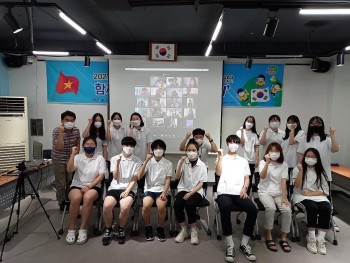 | Promoting Gender Equality and Sex Education for Vietnamese-Korean Youth The Korea Vietnam Culture Communication Center (KCCC) in collaboration with the Taejosan Youth Center in Cheonan (Korea) have completed the project of Sex Education and ... |
 | Vietnam Ranked 6th in Countries with Highest Number of Students Studying in US This year marked the second continuous year the number of Vietnamese students studying in the US decreased due to the impacts of the pandemic. |
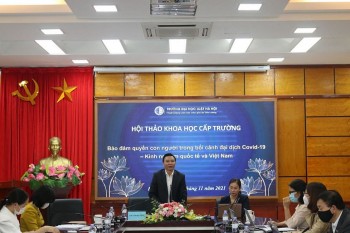 | Human Rights Ensured in Pandemic Situation Covid-19 has left negative effects on the guarantee of human rights, requiring further improvement of the legal framework and cooperation of the international community to ... |
Recommended
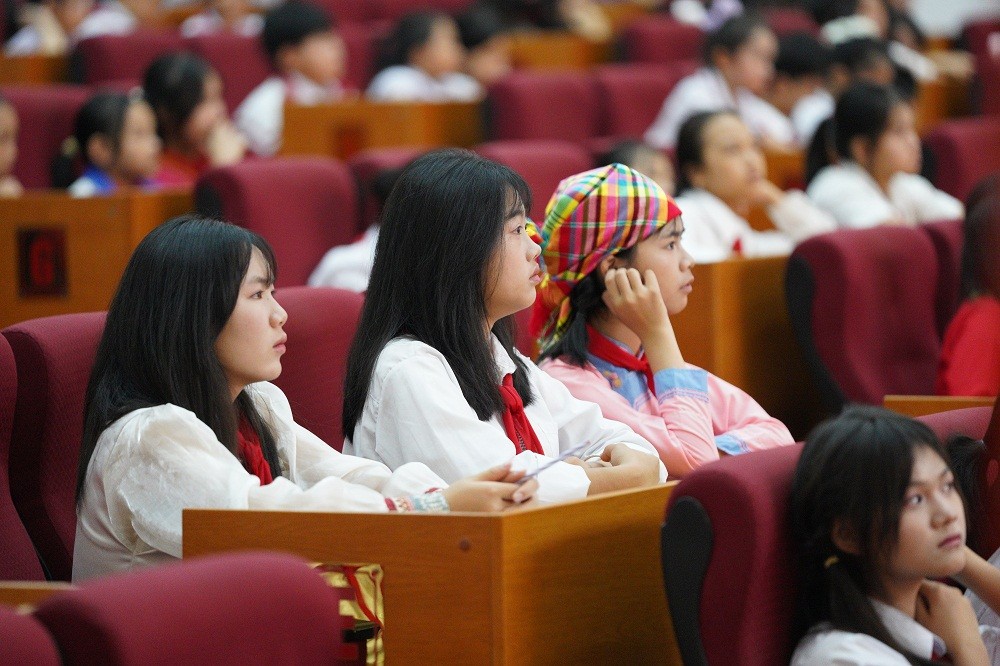 Viet's Home
Viet's Home
Lai Chau National Assembly, People's Council Delegates Hold Dialogue with Children
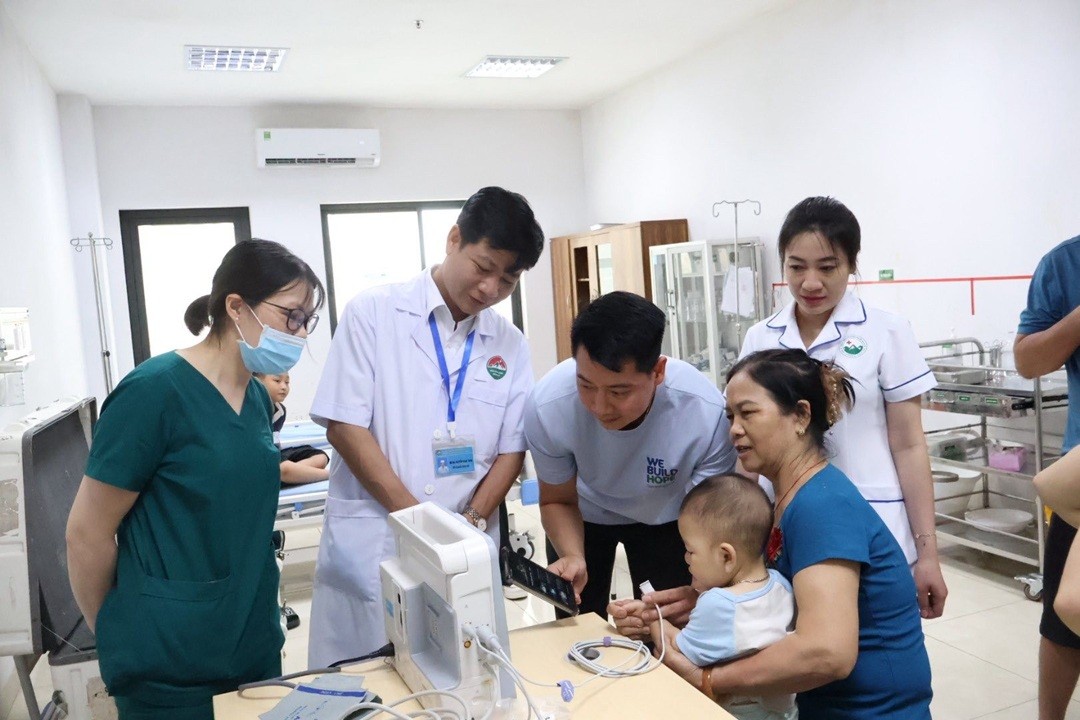 Viet's Home
Viet's Home
24 Children with Disabilities in Northern Provinces Received Free Surgery
 Viet's Home
Viet's Home
World Vision Promotes Comprehensive Nutritional Care for Vietnamese Children
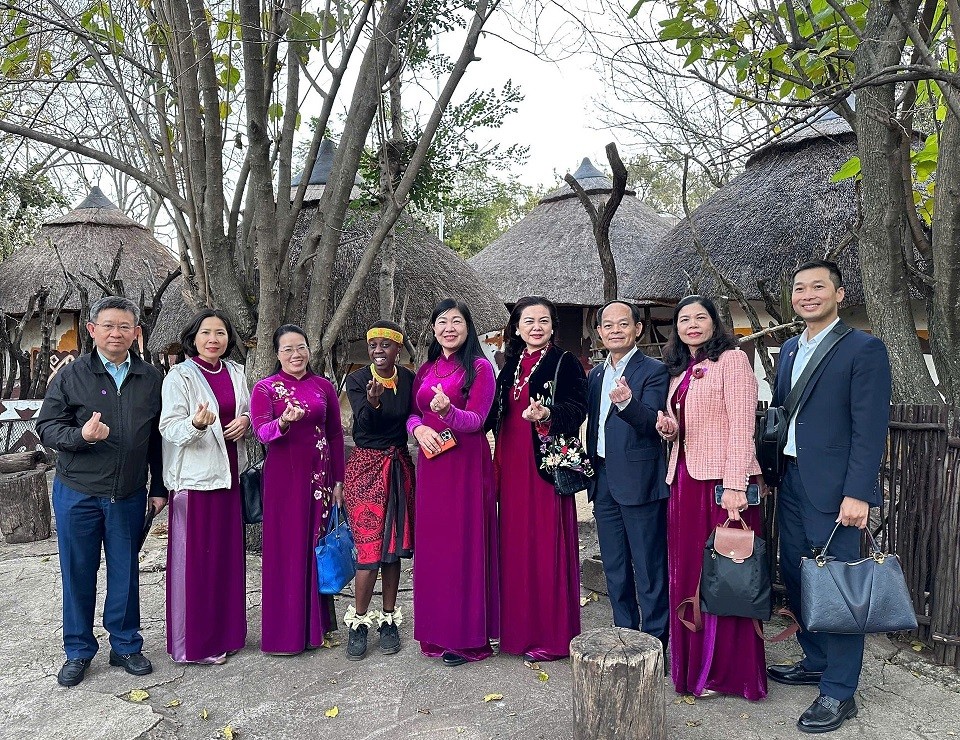 Viet's Home
Viet's Home
Hanoi, South Africa Strengthens People-to-people Exchanges, Expands Multi-sector Cooperation
Popular article
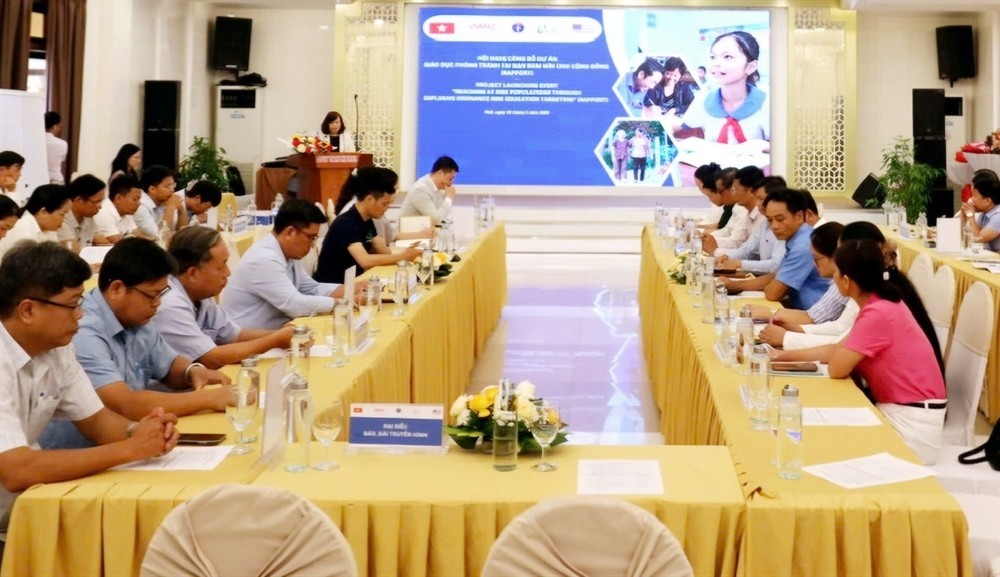 Viet's Home
Viet's Home
Hue City to Raise Awareness on Mine Accident Prevention
 Focus
Focus
Vietnam Leaves Imprints on the World Peacekeeping Map
 Viet's Home
Viet's Home
“Global Vietnamese Singing 2025” - Connecting Hearts Longing for Homeland
 Viet's Home
Viet's Home







